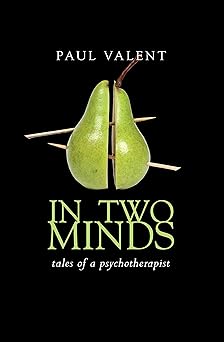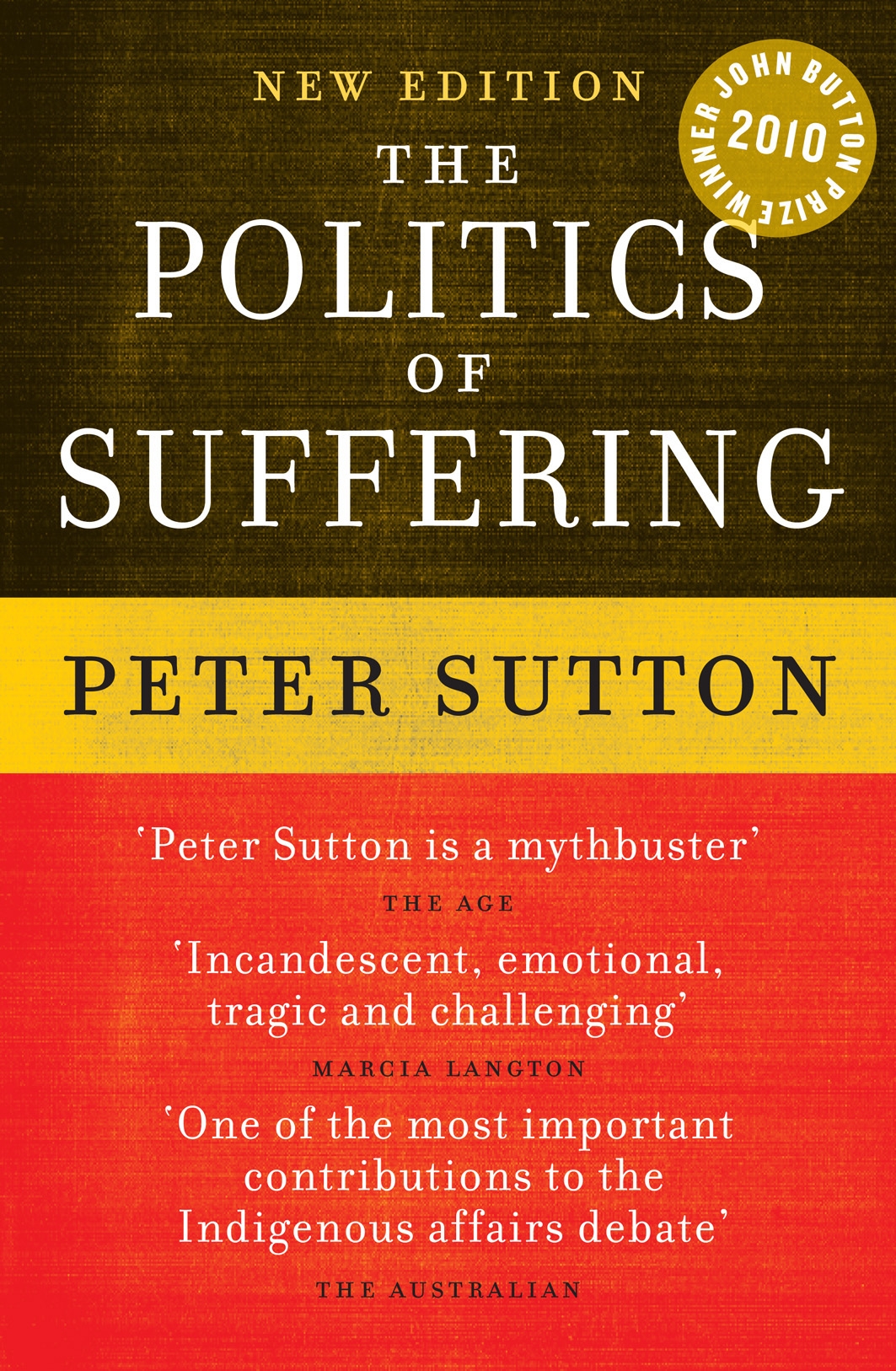Archive
Perhaps the most influential guide to ‘theory’ in Australia in the 1980s was Terry Eagleton’s Literary Theory: An Introduction (1983). The cover of my paperback edition features a detail from Jan Vermeer’s painting Mistress and Maid, in which a respectful domestic servant hands a document to her mistress, who is seated at a writing table. I take this to be a visual allusion to Alexander Pope’s formulation in An Essay on Criticism that ‘Criticism [is] the Muse’s Handmaid’. Eagleton’s polemical refusal of that secondary and facilitating role was influential in turning a generation of Australian literary critics from ‘criticism’ to ‘critique’. From Graeme Turner’s National Fictions (1986) and Kay Schaffer’s Women and the Bush (1987) to my own Writing the Colonial Adventure (1995) and Susan Sheridan’s Along the Faultlines (1995), the cultural-nationalist and new-critical canons alike were supplemented by alternative canons – feminist, realist, postcolonial and ‘popular’ – as texts were subjected to rigorous ideological critique for their representations of class, race, gender and nation. Criticism was no longer the handmaid to literature; a hermeneutics of scepticism and suspicion prevailed.
... (read more)Endemic yowling
Dear Editor,
A footnote for Peter Craven. In 1935, the professor of English at the University of Melbourne, G.H. Cowling, declared that an Australian literature was virtually impossible. This enraged Australian writers everywhere, and provoked P.R. Stephensen’s classic The Foundations of Culture in Australia (1936). It is also the only reason anyone remembers Cowling (‘Yowling’, according to Miles Franklin), and a reminder of the then image of English departments and their hangers-on as ‘the Garrison’. J.I.M. Stewart was another. Maybe the problem is endemic.
... (read more)Of Sugar and Snow: The History of ice cream making by Jeri Quinzio
The Politics of Suffering: Indigenous Australia and the end of the liberal consensus by Peter Sutton
The new English edition of a selection of Harwood’s poems comes with an excellent editorial pedigree. With his co-editorship of Gwen Harwood: Collected Poems 1943–1995 (2003) and his editorship of A Steady Storm of Correspondence: Selected Letters of Gwen Harwood 1943–1995 (2001), Gregory Kratzmann has established himself as the foremost of Harwood scholars. As a major critic of Australian poetry, Chris Wallace-Crabbe was an early champion of Harwood’s poetry, with a particular affinity, demonstrated in his own poetry, for the wit and wordplay that are distinguishing marks of Harwood’s work.
... (read more)






